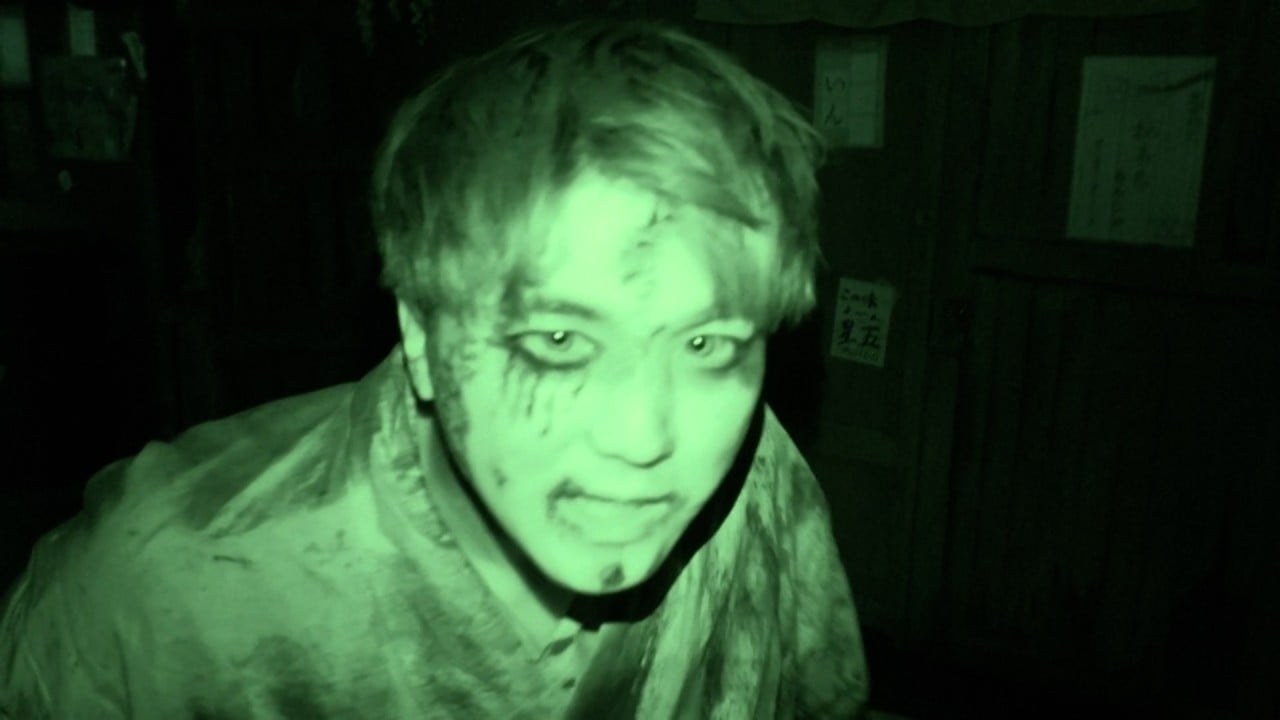A karate expert’s attempt to fight off a haunted house ghost with a jaw-shattering kick has ended in legal defeat after 13 years of litigation, with Japan’s courts ruling that his frighteningly over-the-top response was anything but reflexive.
The 5th dan karate expert was ordered in 2015 to pay redress of 10 million yen (US$68,433) after the incident in September 2011 when he entered the haunted house attraction at the Toei Kyoto Studio Park in Kyoto while on a trip with colleagues from his company, the Sankei newspaper reported on August 16.
Holding hands with a colleague, the man – who has not been named in media reports – was surprised when an employee of the park dressed as a ghost stepped forward to frighten the couple. The man, who confirmed in court that he had been drinking before entering the attraction, responded with a kick that broke the park worker’s jaw.
Dissatisfied with the ruling, however, the man responded by suing the operator of the theme park, the setting for many of Japan’s samurai television dramas and films.
The man demanded that the operator of the park cover 70 per cent of the compensation on the grounds that it had failed to place a barrier between park employees and visitors at the attraction and had similarly failed to “inform customers that humans were playing the role of ghosts”, the Sankei reported.
He also claimed the park had been negligent in not training staff on how to avoid an attack by a visitor, the SoraNews24 website reported, and that he should have not been allowed into the attraction because he had been drinking.
Lawyers representing the park countered that customers were warned in advance not to touch the “ghosts”, which were also not permitted to obstruct or touch visitors.
In its ruling last month, the Osaka High Court dismissed the claim and said it was clear that the “ghosts” that were the main element of the attraction did not physically attack visitors and that there was therefore no need for a customer to use physical violence.
It added that the kick that broke the worker’s jaw “went beyond the scope of a reflexive action taken out of sheer fear”, adding that “it is difficult to find any motive or rationale to justify the action”.


